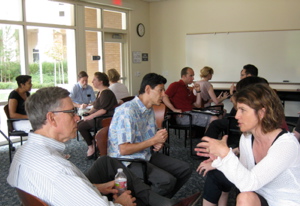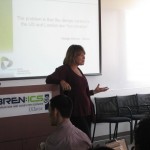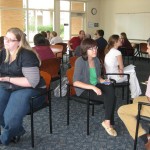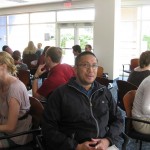COR in conjunction with the Paul Merage School of Business the Association for Consumer Research and the Marketing Science Institute
UPDATE: CONFERENCE SCHEDULE
Mini Conference
Anthropology of Markets & Consumption
March 7-9, 2013
Irvine, CA
Specific Location & Time Forthcoming




